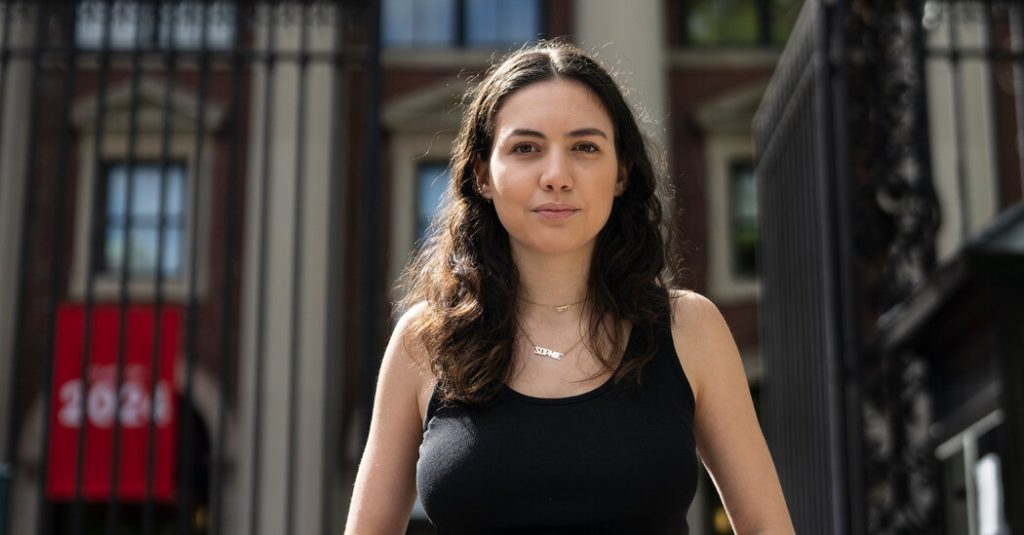At Yale College, a Jewish junior found herself discouraged from joining a secret society due to suspicions of being a Zionist after mentioning attending an event at the Slifka Center, Yale’s main hub for Jewish life. Despite clarifying that she was not a Zionist and attributing the misconception to old social media posts related to Israel, the student faced social ramifications on campus and chose to remain anonymous. Members of the society, Ceres Athena, did not reach out to her directly, leaving the situation unresolved.
At Columbia University, a senior named Dessa Gerger decided to discontinue her participation in college radio after a member of the station’s board displayed ambivalence towards a program featuring Israeli music. Gerger, who distances herself from the perception of anti-Zionism as antisemitism, felt that being involved in a radio station was more important to her than engaging in political organizations. Pro-Palestinian activists who advocate for a boycott of Israel view any representation of Israeli culture as inherently political, promoting the concept of “anti-normalization” which prohibits collaboration between Arabs and Jewish Israelis who do not recognize Palestinians’ right of return.
Yousef Munayyer, from the Arab Center in Washington, emphasized that for Palestinians and their supporters, Zionism is a key point of contention due to its impact on Palestinian rights. This puts Jewish individuals who are navigating tensions between justice and Zionism in a difficult position, causing them to choose between their commitment to justice and their affinity for Zionism. Layla Saliba, a Palestinian American student at the Columbia School of Social Work, highlighted her experiences on campus, including offensive chants and jeering, as reasons for not wanting to associate with Zionists due to the treatment she has faced.
The intersection between personal identity, political beliefs, and social dynamics on college campuses is a complex and sensitive issue, particularly for Jewish students who may face scrutiny or discrimination based on their perceived associations with Zionism. The pressure to align with one side or the other in the Israeli-Palestinian conflict creates challenges for those seeking a balanced perspective or who wish to maintain a sense of neutrality. Universities play a crucial role in fostering constructive dialogue and mutual understanding, but instances of exclusion or bias can hinder efforts to promote diversity and inclusivity.
The debate surrounding Zionism, antisemitism, and Palestinian rights extends beyond college campuses and reflects broader societal tensions and conflicts. Finding common ground and promoting respectful discourse are essential to addressing these complex issues and fostering a culture of tolerance and empathy. Jewish students, Palestinian students, and individuals with diverse perspectives should be able to engage in dialogue and participate in campus activities without fear of discrimination or marginalization. By examining these challenges and working towards inclusive solutions, universities can help create a more welcoming and inclusive environment for all students, regardless of their backgrounds or beliefs.


